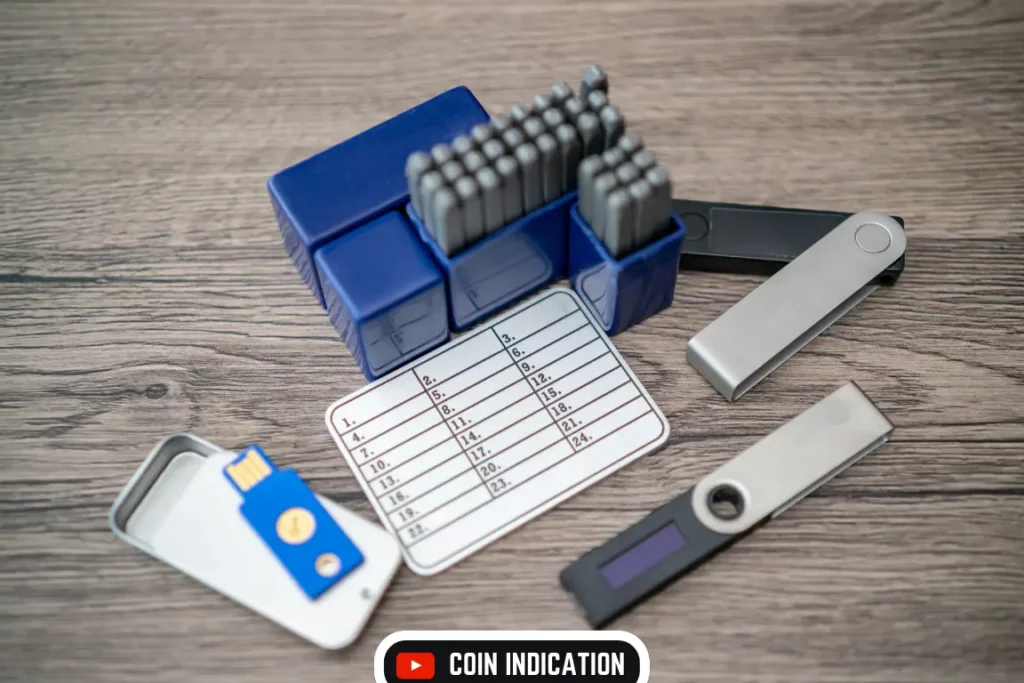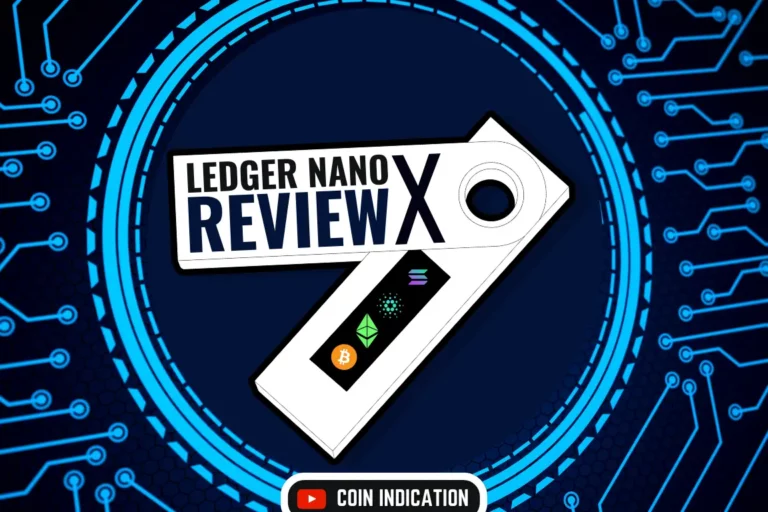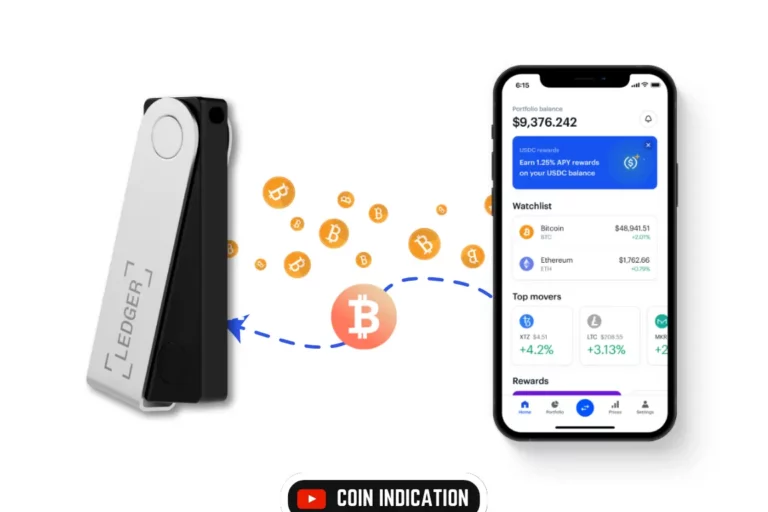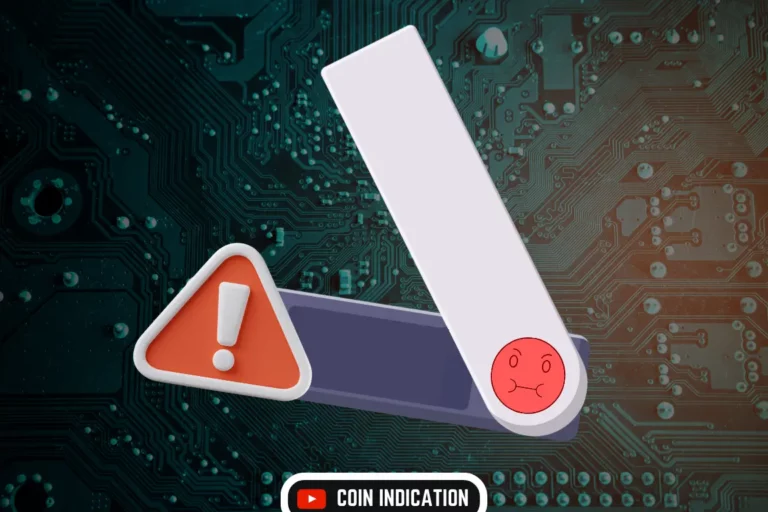Storing your cryptocurrency involves securing the private keys that grant access to your digital funds. It’s a critical step in the world of crypto and one that requires careful consideration to ensure the safety of your investments.
Cryptocurrencies operate on decentralized networks based on blockchain technology. A blockchain is essentially a digital ledger that records all transactions made with a particular cryptocurrency. To access your funds and authorize transactions, you need a private key, which is a sophisticated form of cryptography that allows you to sign transactions securely. In this guide, we’ll walk you through various methods and best practices on How to Store Crypto Safely, providing you with the peace of mind you deserve.
Choosing a Secure Wallet
Types of Wallets
Choosing a suitable wallet is the first step in securing your cryptocurrency. Wallets come in various forms, each with its own set of features and security, Here are the main types:
- Hardware Wallets: These are physical devices that store your cryptocurrency offline. They provide a high level of security since they are not connected to the internet, making them less susceptible to hacking attempts.
- Software Wallets: These are applications or programs that you can install on your computer or mobile device. They are more convenient but are potentially more vulnerable to online attacks.
- Mobile Wallets: Similar to software wallets, mobile wallets are apps designed for mobile devices. They offer ease of use and accessibility but should be used with caution.
- Paper Wallets: A paper wallet is a physical document that contains your public and private keys. It’s one of the most secure ways to store your cryptocurrency since it’s entirely offline.
Importance of Security Features
When selecting a wallet, pay attention to security features such as:
- Two-Factor Authentication (2FA): Adds an extra layer of security by requiring two forms of identification before granting access to your wallet.
- Encryption: Ensures that your data is encoded and only accessible to authorized users.
- Backup and Recovery Options: Allows you to recover your funds in case you lose access to your wallet.
Using Hardware Wallets

Advantages of Hardware Wallets
Hardware wallets offer the highest level of security in the realm of cryptocurrency storage. Since they’re offline, they’re not susceptible to online hacking attempts. Additionally, they store your private keys in a secure, tamper-proof environment.
Another advantage is their user-friendly interface, making transactions and fund management straightforward.
Setting up a Hardware Wallet
To set up a hardware wallet:
- Purchase a Reputable Hardware Wallet: Research and choose a hardware wallet from reputable manufacturers like Ledger, Trezor, or KeepKey.
- Follow the Setup Instructions Carefully: The wallet will come with detailed setup instructions. Follow them diligently to set up your wallet and create a strong, unique password.
- Backup Your Recovery Seed: During the setup, you’ll receive a recovery seed (a list of words). Write this down and store it in a secure place. This seed will be crucial for recovering your funds if your hardware wallet is lost or damaged.
Paper Wallets

How to Create a Paper Wallet
Creating a paper wallet involves generating a new wallet address and its associated private key, then printing it on paper. Here’s a step-by-step guide:
- Use a Reliable Paper Wallet Generator: Choose a trustworthy paper wallet generator website.
- Generate a New Wallet Address and Private Key: Follow the instructions on the website to generate a new wallet address and its corresponding private key.
- Print the Wallet Details: Print the generated wallet details, including the wallet address and private key.
Storing and Accessing a Paper Wallet
- Store Securely: Keep the printed paper wallet in a secure location, preferably in a safe or a secure deposit box.
- Access Wisely: Only access your paper wallet when you need to make a transaction. Be cautious and avoid sharing the details with anyone.
Multi-Signature Wallets
Understanding Multi-Signature Wallets
A multi-signature wallet requires multiple private keys to authorize a transaction. For instance, you might set up a wallet that requires two out of three private keys to complete a transaction. This adds an additional layer of security, as a potential attacker would need to compromise multiple keys.
Setting Up and Using Multi-Signature Wallets
Setting up a multi-signature wallet involves the following steps:
- Choose a Multi-Signature Wallet Provider: Select a trusted provider that offers multi-signature wallet services.
- Set the Signature Requirements: Determine how many signatures will be required to authorize a transaction.
- Add Co-signers and Their Public Keys: Invite trusted individuals or devices to be co-signers and provide their public keys.
Securing Your Private Keys
Importance of Private Keys
Private keys are the gateway to your funds. Whoever possesses the private key has control over the associated cryptocurrency. It’s essential to safeguard your private keys to prevent unauthorized access and potential loss of funds.
Best Practices for Private Key Security
- Never Share Your Private Key: Avoid sharing your private key with anyone, including close friends or family members.
- Use Secure Storage: Store your private keys in a secure and encrypted location, away from prying eyes and potential threats.
- Regularly Update Your Security Measures: Stay updated on the latest security practices and technologies to ensure your private keys remain safe.
Implementing Two-Factor Authentication
What is Two-Factor Authentication (2FA)?
Two-factor authentication (2FA) is an extra layer of security used to ensure that people trying to gain access to an online account are who they say they are. It typically involves something you know (like a password) and something you have (like a mobile device).
Setting Up 2FA for Cryptocurrency Accounts
To set up 2FA:
- Choose an Authenticator App: Download a reputable 2FA authenticator app like Google Authenticator or Authy.
- Enable 2FA on Your Account: In your account settings, find the 2FA section and follow the instructions to enable it. Scan the QR code with your authenticator app.
- Verify and Save Backup Codes: Save the backup codes provided by the platform in a secure location. These can be used to regain access to your account if you lose your mobile device.
Regular Backups
Why Backups are Necessary
Regular backups are essential to ensure that you can recover your funds in case of device failure, loss, or accidental deletion of your wallet.
How to Back Up Your Wallets
- Follow Wallet Provider Instructions: Each wallet may have slightly different backup procedures. Follow the specific instructions provided by your wallet provider.
- Store Backups Securely: Store your backups in multiple secure locations, such as encrypted external drives or secure cloud storage services.
Staying Informed and Updated
Keeping Up with Security Measures
The world of crypto is constantly evolving, and new security threats and measures are continuously emerging. Stay informed by:
- Reading Reliable Sources: Follow reputable cryptocurrency news websites and forums.
- Joining Communities: Engage in cryptocurrency communities to stay updated on the latest security practices and news.
Being Cautious of Phishing Attempts
Phishing is a common tactic used by cybercriminals to steal sensitive information, including cryptocurrency-related data. Be cautious of phishing attempts:
- Verify URLs: Check the URL of the website you’re on to ensure it’s legitimate.
- Avoid Suspicious Emails: Don’t click on links or download attachments from unknown or suspicious emails.
Seeking Professional Guidance
When to Consult a Crypto Security Expert
Consider consulting a crypto security expert in the following scenarios:
- Large Investments: If you have a significant amount of cryptocurrency holdings, consulting an expert for security advice is advisable.
- Technical Challenges: If you encounter technical challenges or have questions about your security setup, seek expert guidance.
Tips for Finding a Reliable Consultant
- Check Credentials: Ensure the consultant has relevant certifications and experience in the cryptocurrency security field.
- Ask for Recommendations: Seek recommendations from trusted sources within the cryptocurrency community.
Conclusion
Safeguarding your crypto is crucial in the crypto world. By choosing the right wallet, implementing robust security measures, and staying informed, you significantly reduce the risk of unauthorized access and loss of funds. Remember, the key to cryptocurrency security is vigilance and proactive action.







